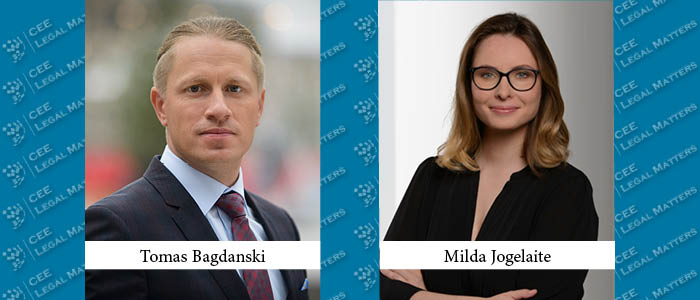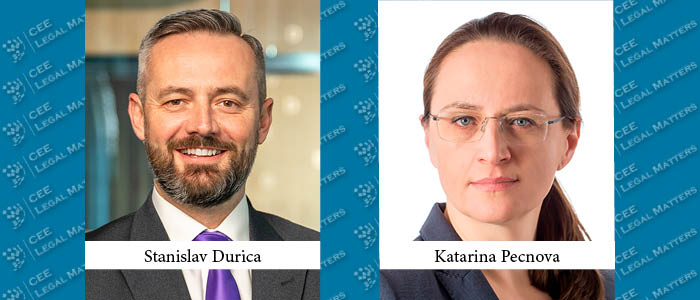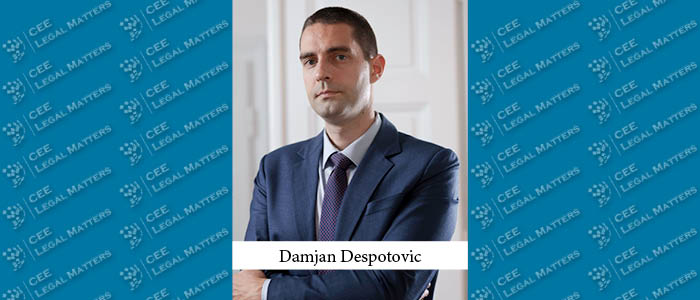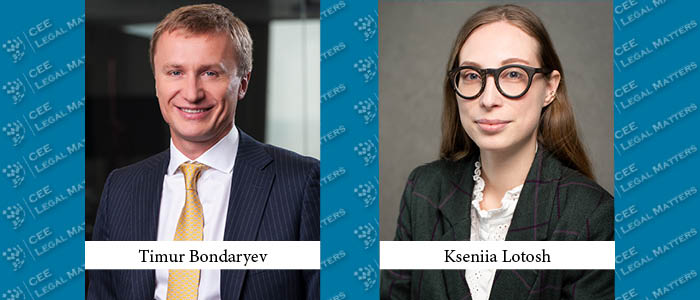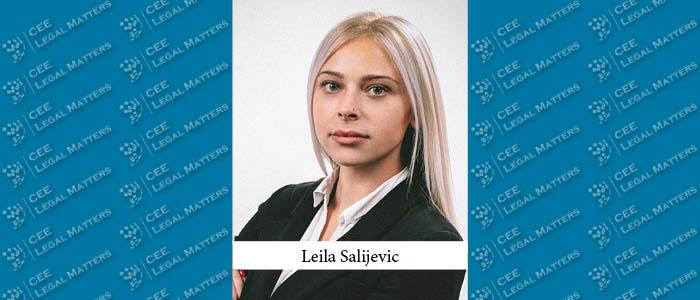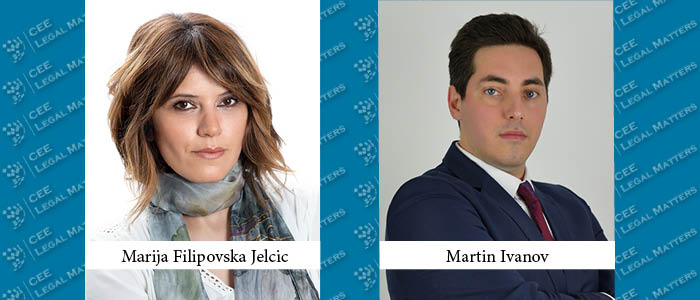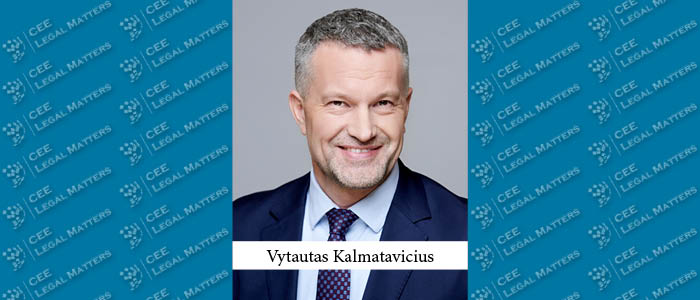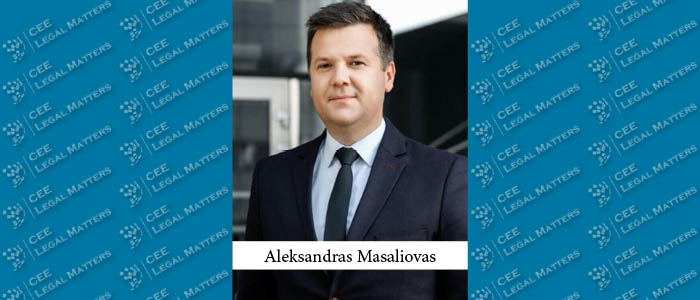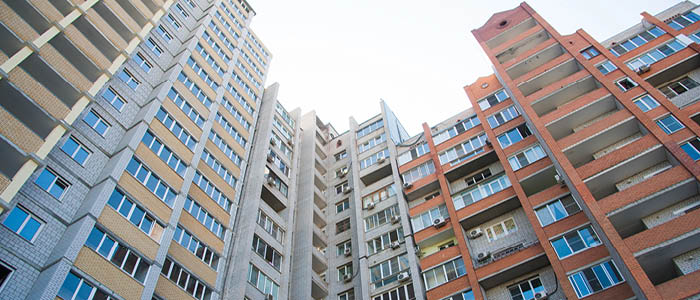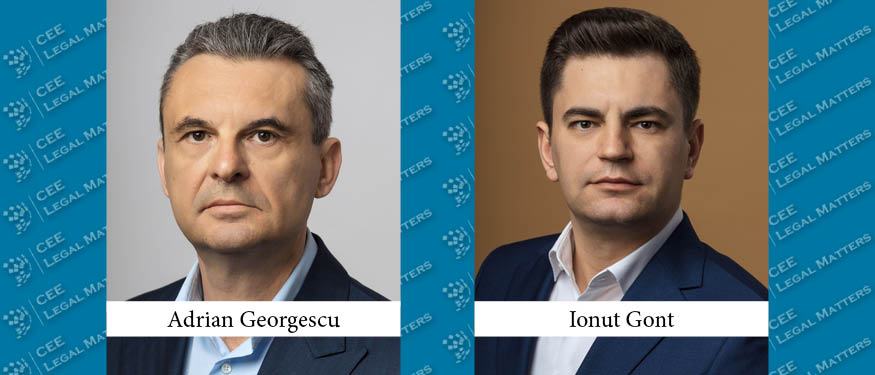The statutory right to vacation originally arose from the employer’s duty of care for its employees. The Austrian Vacation Act of 1976 is a manifestation of this duty of care. It provides for five – with some seniority six – weeks of vacation for each working year. The law also expressly states that vacation should be used up, if possible, by the end of the year in which it was accrued. However, the employer and employee must agree on the specific leave days. In general, this means that neither the employee can take off for vacation unilaterally, nor can the employer impose it. Therefore, if there is no agreement on the actual use of vacation, this leads to an accumulation of vacation days.
Romania: The Impact of Romania’s New Employment Regulations – the Good and the Bad
The end of 2022 has brought numerous and substantial updates to employment legislation in various areas, such as adjustments to the minimum content of the internal regulations and to the mandatory template for the employment contract, as well as a whole new piece of legislation regulating social dialogue: Law no. 367/2022 to replace the former Law no. 62/2011.
Lithuania: Flexibility and Nuances in the Labor Code
In today’s fast-evolving world, countries are continuously revising their labor laws to achieve the right balance between the needs of the workforce and the demands of the corporate sector. The Republic of Lithuania stands out in this regard, as its Labor Code seeks to provide flexibility in labor relations, all the while ensuring the rights of its employees are not undermined. A close examination of the Labor Code, local documentation practices, and the progressive legal shifts toward Western norms paints a comprehensive picture of the nation’s approach to employment dynamics.
Slovakia: Strengthening Whistleblower Protection
The Slovak Republic’s amendment to the Whistleblowers Protection Act widens the scope of protection, shortens deadlines, and increases fines for non-compliance. Most provisions took effect on July 1, 2023, with some coming in on September 1, 2023.
Croatia: Garden Leave – When Timing Is of the Essence
Terminating an employee is a critical juncture for employers, fraught with potential risks and complications. Such a move can disrupt workflow and productivity, casting a shadow on workplace morale and organizational stability. Additionally, it opens the door to legal disputes, with terminations often seen as unfair or discriminatory, resulting in costly litigation.
Serbia: Contractual Penalty in Labor Law
In the Serbian market, contractual penalties are often included in employment contracts since this is concrete and efficient protection for the employer in case of a breach of certain contractual obligations by employees. On a general note, a contractual penalty is a fixed monetary receivable that can be claimed in case of a breach of contractual obligations by one party, without having to prove the actual amount in damages. However, in the area of labor law, there is still uncertainty when it comes to the validity of such clauses and their enforceability in case of disputes.
Ukraine: Ensuring Employees’ Safety During Air Strikes
Considering the ongoing martial law in Ukraine and frequent air strikes in various parts of the country, more and more employers are becoming concerned about whether they should adopt measures to protect their personnel or provide shelter, and what the liability if these obligations are not fulfilled would be.
Bosnia and Herzegovina: Signing of Management Contracts in Practice
The need for management contracts arises when an employer needs to arrange for a relationship beyond that of one with a simple employee – one with an individual performing managerial or supervisory tasks. Therefore, the relevant labor laws (in the Federation of Bosnia & Herzegovina, Republika Srpska, and Brcko District of Bosnia & Herzegovina) introduce management contracts that offer an alternative for the employer to conclude an agreement with a manager without establishing actual employment. The aim is for a more flexible arrangement of said business relationship or established employment which is absolutely subject to the provisions of the relevant labor laws.
North Macedonia: Adapting to Economic Challenges – Exploring Remote Work and Cost-Cutting Strategies
In recent times, the global economic landscape has raised concerns about the potential onset of a recession. Consequently, businesses operating in North Macedonia are proactively seeking strategies for cost reduction and organizational restructuring.
Lithuania on the Path to Energy Independence
Many might be surprised these days, but when Lithuania joined the EU in 2004, it was an electricity exporter, producing more energy than it consumed. The Ignalina Nuclear Power Plant was operational, and Lithuanian consumers were unaware of potential concerns over electricity prices.
Revised Labor Migration Rules in Lithuania
The regulatory framework of the Lithuanian labor market underwent several important updates. Most of these developments are concerned with regulating labor migration.
An Overview of Intellectual Property Practices in Lithuania
Lithuania’s intellectual property (IP) market is active in the area of trademarks and copyright, with businesses and creators starting to understand the value of IP protection. This trend does not yet extend to patents, but trade secrets are a highly litigated area, and their protection is broader than ever.
Guest Editorial: The Captivating Field of Lawyering in CEE
Welcome to the captivating field of lawyering in Central and Eastern Europe (CEE), where challenges and opportunities intertwine in an ever-changing landscape. With over 24 years of experience, I have had a front-row seat to witness the remarkable journey of the legal profession in this region. In this article, I’ll share my personal reflections on lawyering in CEE, discussing its progress, setbacks, and the exciting trends that have shaped its course.
Navigating Hardships: When Things Go Awry
At the CEE Legal Matters GC Summit in Istanbul, legal experts from across the region and beyond tackled the importance of crisis management – even when nothing is burning. Summit attendees were briefed on how companies can navigate gray areas, manage global supply chain disruptions, and, overall, be prepared for whatever comes their way.
Beyond Banks: Non-Banking Financial Landscape in CEE
Tuca Zbarcea & Asociatii Partner Gabriela Anton, Gecic Law Counsel Miodrag Jevtic, ACI Partners Head of Banking/Finance Marina Zanoga, Avellum Managing Partner Mykola Stetsenko, NazaIi Tax & Legal Partner Nilay Goker Duran, PRK Partners Senior Attorney-at-Law Norbert Hink, and Schoenherr Bulgaria Local Partner Tsvetan Krumov look at how the financial services landscape in the CEE region has been shifting, as local non-banking financial institutions (NBFIs) are gradually gaining ground in an area historically dominated by the banking sector.
The Corner Office: The Summer Slowdown
In The Corner Office, we ask Managing Partners at law firms across Central and Eastern Europe about their backgrounds, strategies, and responsibilities. As the summer is likely to bring a brief lull, this time we asked: How do you tend to use the general downtime during the month of August?
CEELM Top 10: Most-Read Interviews
The CEELM Top 10 series looks back over the past ten years and celebrates the milestones we have achieved together. The list below highlights the most-read interviews, with a short description of each.
ESG Takes Center Stage in Shaping the Czech Real Estate Market
With ESG having been a buzzword in the Czech real estate market for a few years now, Clifford Chance Partner Emil Holub, Kocian Solc Balastik Partner Jiri Hornik, VIDD Partner Ondrej Hampl, Taylor Wessing Counsel Radka Nenickova, and Act Legal Czech Republic Partner Tomas Slaby look at how ESG principles are being applied in practice and in what areas there is still room for improvement.



